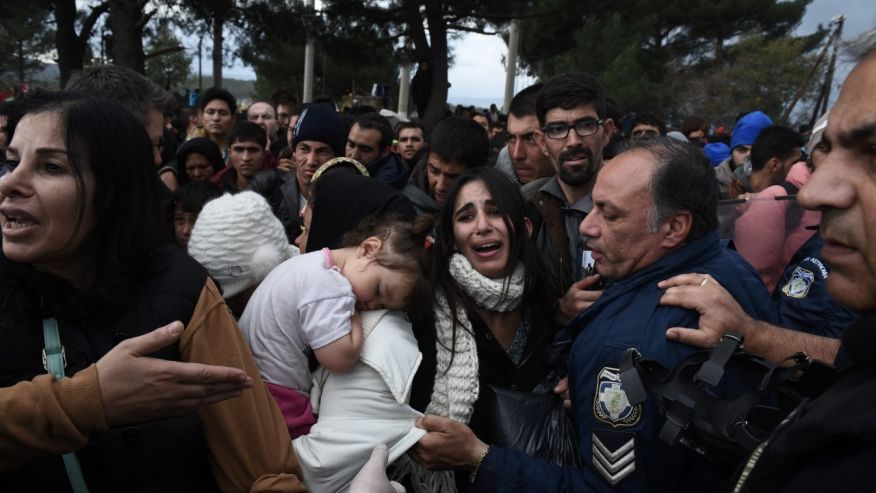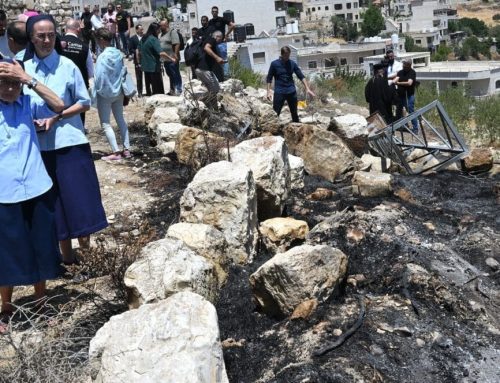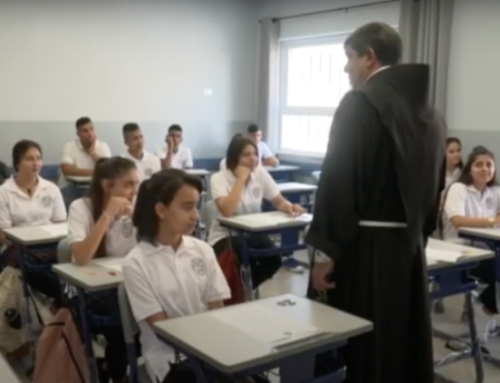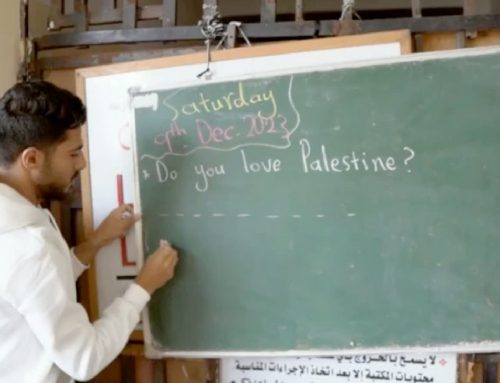The West is facing a refugee crisis and threat from terrorism because we didn’t pay enough attention or care enough when ISIS and its affiliates were attacking Christians in places like Kenya, Syria, Nigeria and Pakistan. If we would have done something about the terrorists then, we would likely not be seeing it now in the West. It is time we wake up and recognize that persecution of Christians is now the lead indicator of when an area will explode into chaos.
A week ago, terror attacks rocked Paris, killing 129 people, injuring hundreds more and sending shockwaves around the world. Facebook status photos were quickly festooned with French flags and wall-to-wall coverage by the world’s media dominated the news. In April, when an Islamic extremist group killed 148 Christians in Kenya, literally separating the crowd based on their faith then slaughtering the Christian portion of the crowd, the response from the world was tepid at best.
Why did the world react so strongly to what happened in Paris while the attack in Kenya went largely unnoticed? A complacent and self-centered culture? Racial or cultural bias? One difference might be that the aforementioned attacks on Christians don’t fit the preferred storyline of Western governments, including the Obama administration. They don’t want to see and hear what ISIS has told us all along, that they are driven to eliminate the Christian faith.
The Paris attacks must be understood through the prism of the Islamic States’ stated purposes: to eliminate anything against its agenda within its caliphate and beyond—specifically identifying Christianity as enemy number one.
We are currently working around the clock to help Syrian and Iraqi refugees, particularly those facing persecution for their faith in Christ. These men, women and children have many practical, urgent needs such as food, clean water and shelter. But a common request these days is “don’t forget us.”
France may seem a strange target since Christian practice in Europe has been in decline for decades. But, if we have this understanding of ISIS’ goals, the Paris attacks come into clearer focus. To ISIS, belief and religious practice do not make someone a target; identity does. ISIS’ ideology sees religion as “state run” and not about personal faith.
As we grieve for the lives lost and pray for the injured and those left behind, we should stop to consider those who live every day under threat of the kind of terror that happened in Paris. Persecution and the threat of persecution are the realities of life for millions of people around the world.
At Open Doors, we’ve been working with persecuted Christians for 60 years. We are currently working around the clock to help Syrian and Iraqi refugees, particularly those facing persecution for their faith in Christ. These men, women and children have many practical, urgent needs such as food, clean water and shelter. But a common request these days is “don’t forget us.”
When we allow ourselves to become uninterested or indifferent to the news of terrorism and oppression in certain parts of the world, we have failed to answer the primary need of the persecuted.
It is time we recognize that the solution to the refugee crisis and the prevention of future attacks can only be achieved by defeating and dismantling the Islamic State. As the world works toward that goal—hopefully in a more coordinated, effective manner—we cannot allow ourselves to become numb to acts of terror and persecution wherever they may happen.
We must honor the requests of those who are being victimized by sharing their stories, praying for them and advocating on their behalf.
David Curry is the President of Open Doors USA. For nearly 60 years, Open Doors has worked in the world’s most oppressive countries, empowering Christians who are persecuted for their beliefs. Christians are the most persecuted religious group in the world. Each year, Open Doors releases its World Watch List, a ranking of the 50 countries where Christian persecution is worst.
Source: Fox News






